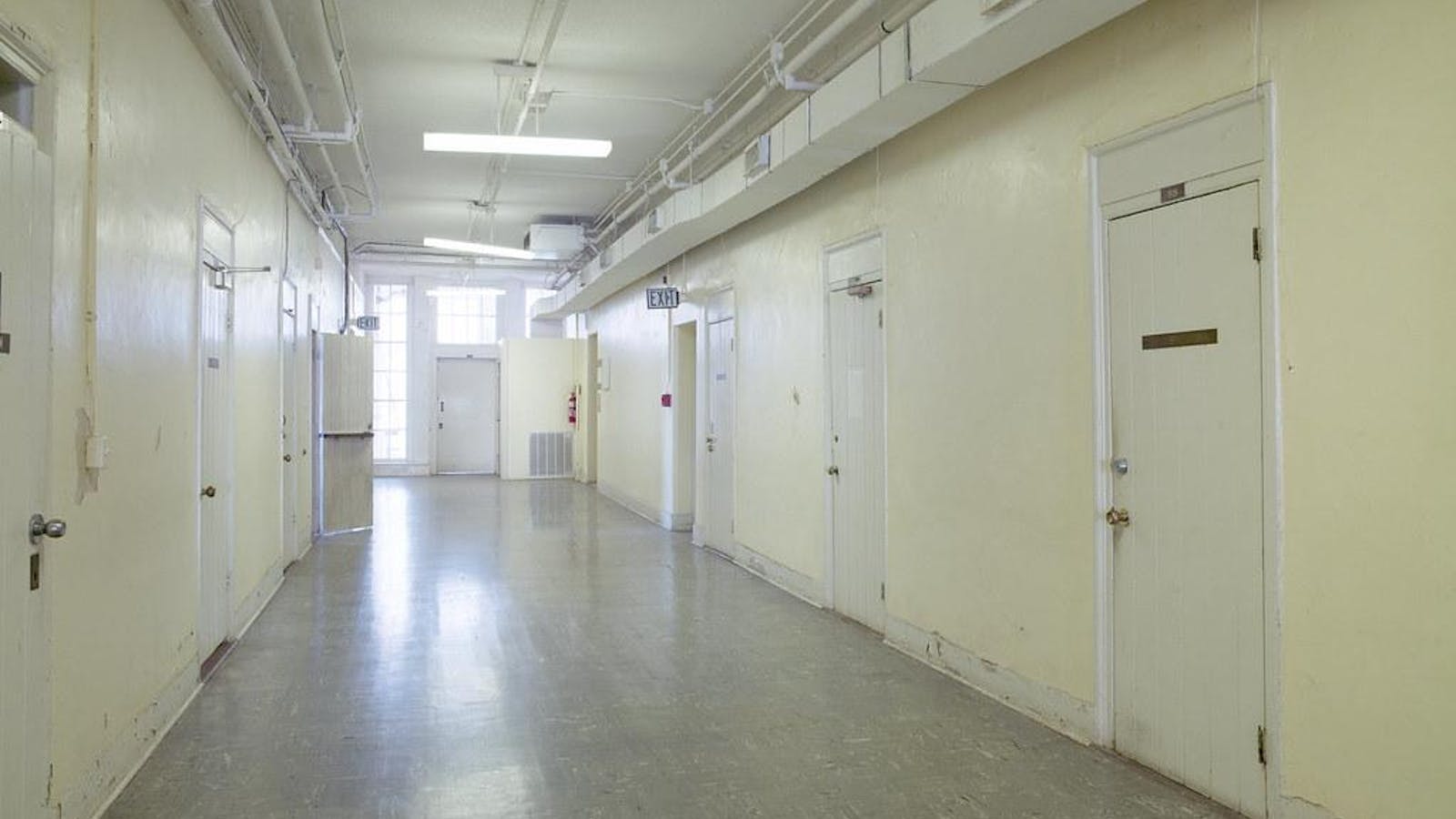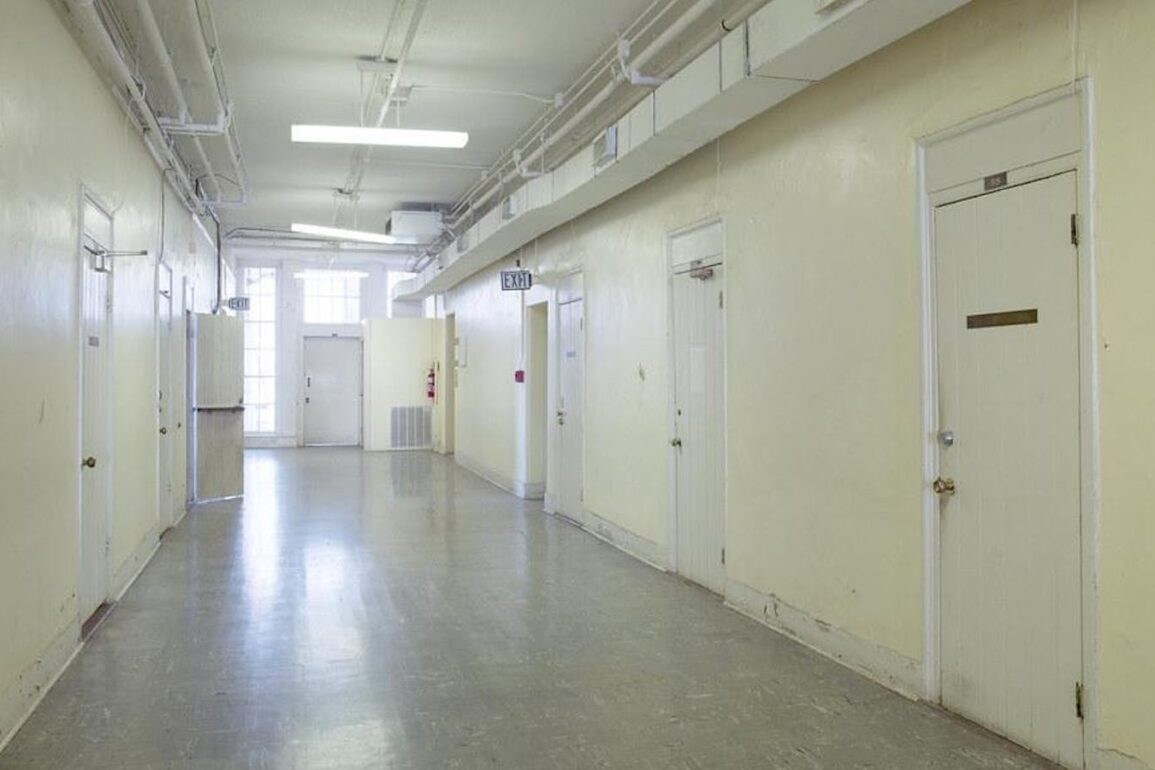
Content warning: This article contains mentions of sexual misconduct.
People tend to believe that prison is one of the worst places one can end up in America. Little do they know, psychiatric hospitals are eerily similar to prisons. Like prisons, the food is unappetizing and flavorless, the mattresses are stiff as boards and not at all conducive to sleep and the showers have minimal privacy and tiny towels that come nowhere close to covering one’s full body. Both healthcare professionals and patients characterize the inpatient hospital environment as carceral in a way that, according to the AMA Journal of Ethics, is “not conducive to well-being or recovery.” Yet the websites for inpatient programs still tout “exceptional care” with false promises that patients will get better.
The vast majority of mental hospital patients are not hospitalized for violent behavior, yet they are often subject to similar conditions as violent criminals. This includes severe restrictions of access to the outdoors during hospitalization despite the growing scientific evidence of links between spending time in nature and improvements in mental well–being. The restriction of access to nature often coexists with the lack of exercise, another key ingredient to mental well-being. The similarity between conditions in prisons and mental hospitals is not lost on patients and can lead to the mistaken perception that they deserve imprisonment. These beliefs can produce feelings of guilt and isolation, as though the patient did something wrong in struggling with an illness they did not choose to have. Overall, this experience of perceived imprisonment only worsens mental health and well-being and interferes with recovery.
In addition to having a miserable atmosphere, these hospitals also tend to not be very safe, particularly for female patients. With patients outnumbering supervisors, it is impossible for all patients to be supervised at all times, and this allows for inappropriate sexual behavior to thrive in social spaces. This behavior can range from verbal sexual harassment to actual physical harassment, like unwanted touching. The general trend of underreporting sexual misconduct is applicable to these cases as well, potentially due to normalization among staff of patients’ sexually aggressive behavior. Sexual violence and physical violence are persistent threats throughout mental hospitalization, producing a constant feeling of dread and lack of safety among patients.
Yet another harmful aspect to how these hospitals are run is restricting the frequency of visits for patients. In some hospitals, patients are only allowed two visitors a week, which further contributes to the sense of isolation described earlier. In combination with the lack of access to the outdoors, this may produce a distressing feeling of detachment from the outside world, which does not support recovery. Given the fact that social support and connection are huge predictors of mental health recovery, these hospitals should not be restricting visits by loved ones, especially when vulnerable admits may struggle to socialize. For this reason, phone calls are insufficient. They need in-person contact with any existing support they may have. Having someone on the outside rooting for a patient can be an essential driving force behind their recovery.
Overall, the average mental hospital in this country has lackluster, prison-like conditions that are not at all conducive to the recovery of patients. These conditions are one of many manifestations of the marginalization and discrimination faced by people with mental illness in this country. Patients need to be given more outlets to discuss issues with their experiences, particularly uncomfortable interactions with other patients. People struggling with mental illness to the point that it requires hospitalization deserve more compassion from the staff with whom they interact. At a minimum, they deserve comfortable conditions for basic needs like eating, sleeping and showering. Some people with mental illness in inpatient care have taken a bold leap to try to get better, and the institutions that provide care need to live up to their purported missions. Otherwise, people who already struggle with feeling unsupported and isolated become indefinitely trapped in that reality.
This post was originally published on this site be sure to check out more of their content.









